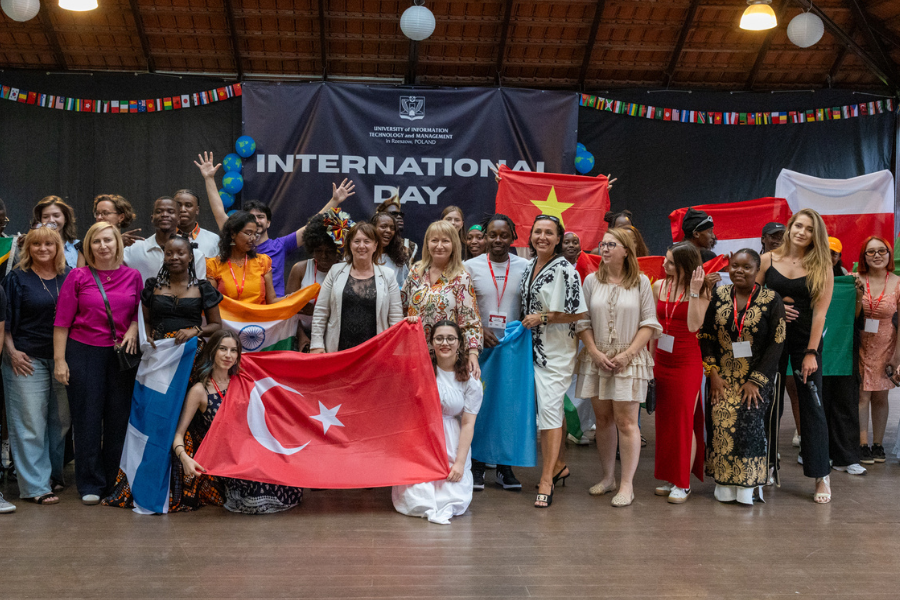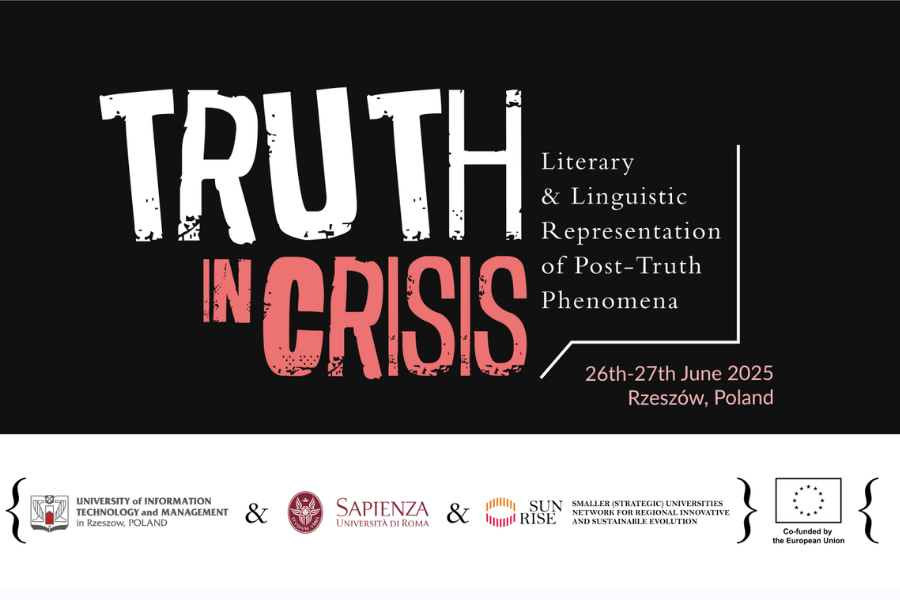AI in education possibilities and challenges
More and more people recognise the value of AI, but at the same time are quick to frame AI as a fundamental competitor to human endeavour, particularly when human livelihoods are at stake.
Prof. Tadeusiewicz, UITM guest speaker during the debate about the role of Artificial Intelligence in changing our lives has emphasized how quickly man-made machines learn, while human intelligence has remained at a similar level for thousands of years. The moment when machines turn out to be more intelligent than their authors will inevitably come, but is this a reason for despair? According to the scientist, no, we will simply be able to use increasingly smarter tools.
Artificial Intelligence is revolutionizing various sectors, and education is no exception. In the realm of learning and teaching, AI brings a myriad of possibilities, as well as its own set of challenges.
Dean for IT studies in English at UITM, Janusz Korniak understands the new challenge for lecturers and teachers that the IT will bring – “AI solutions have been with us for a long time. Many of them have been used in education, for instance to machine translate texts from other languages. However, new and readily available generative artificial intelligence tools such as GPT chat, for example, have taken AI capabilities to another level. For the time being, this has caused trepidation in the educator community, mainly because of students’ ability to generate responses. However, We should look at these new technologies from the point of view of the possibility of diversifying teaching methodologies. Besides, it sets us teachers a new task. We need to teach students how to use generative AI so that it will benefit their education and later professional activity.”
One of many significant advantage of AI in education is its ability to provide instant feedback. In traditional settings, students often wait days or weeks for grades and comments, but AI systems can offer immediate responses to assignments.
However, the increasing reliance on AI in education raises concerns. One major issue is the potential for reinforcing biases. AI systems are only as unbiased as the data they are trained on and this alone can lead to unfair or discriminatory educational practices.
Furthermore, the presence of AI in education could lead to a decrease in human interaction.
UITM lecturer at IT studies, Janusz Korniak points out that the role of teachers is not just to impart knowledge but also to provide mentorship and support. “Overreliance on AI might undermine these valuable human elements, making education a more isolated experience for students” – says professor Korniak.






